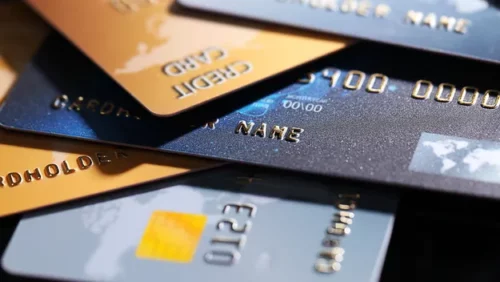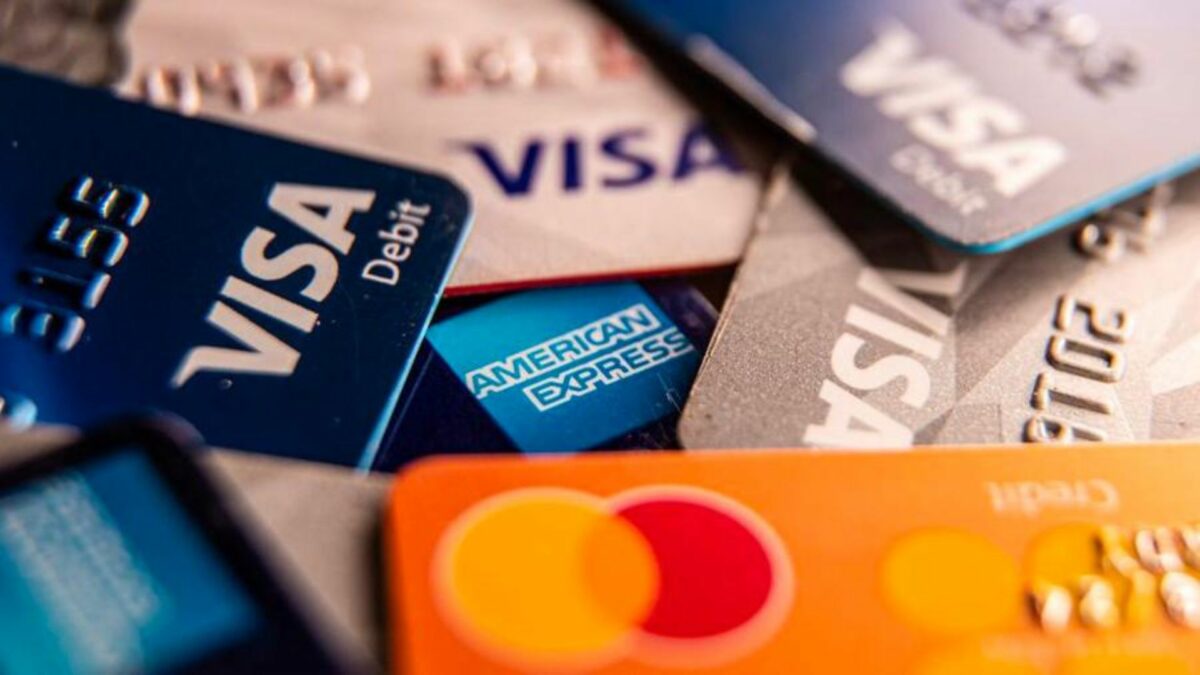“What this country needs is a credit card for charging things to experience.”
–Tom Wilson
“Any time we talk about rewards cards…this is for people who are just using it as an alternate form of payment.”
–Jason Steele

I had the pleasure of interviewing the credit card experts at PT Money to discuss a bunch of questions that our readers had about credit cards. They have a great credit card resource page – good enough for me to feature it first in Chapter 2 of my Ultimate Guide to Managing Your Day to Day Finances.
However, before we get into the interview, I wanted to give some thoughts of my own about credit card usage, rewards cards, and the like. I used to work at Capital One myself (no, I wasn’t responsible for your junk mail, nor was I responsible for the Viking ads), so I have a little experience with the industry. I used to work with guys who would run up $250,000 in credit card debt on 0% interest no fee balance transfers, put it all in an ING savings account getting 2% interest (this was in the mid-2000s), and make $5,000 just for playing accounting tricks with the credit card issuers. It was very, very tempting to get into that racket, as I had a good credit score and was neurotic enough to make sure that I would get the balances paid off before incurring interest and fees. The risk, though, was that something would happen and I wouldn’t actually pay off the balance from the transfer and wind up owing some ghastly amount of backdated interest, far negating the benefits.
I even looked at using rewards cards to pay things like my mortgage when I had one, property taxes, student loans, and even the Internal Revenue Service. I figured if I had to make those payments anyway, I may as well get some rewards for them.
There was one problem with my scheming.
Credit cards usually charge a cash advance fee, generally 3%. Rewards rarely exceeded 1% of cash spent, so it would cost me 2% extra to get those rewards.
That’s math that even Monkey Brain doesn’t like.
So, I keep it pretty simple. I use a 1% cash back rewards card from USAA. I like plain old cash. Call me a Luddite.
However, there are some risks to the rewards strategies that you need to be aware of.
Here’s what we use our credit cards for:
- Recurring bills. You have to pay the electricity, the phone, insurance, and the like every month. May as well put them on the credit card.
- Internet transactions. I know the Internet is pretty secure nowadays, but I don’t trust it enough to use a debit card. I simply make a bill pay from my checking account as soon as I charge something, and voila, it’s done.
- Gas stations. I get an extra cash back incentive when I use the card at a gas station, and, for some reason, gas stations give me the heebie jeebies about getting my card stolen.
- Large purchases where I can’t get a discount using cash. I’m a big proponent of using cash to browbeat a salesperson down on price, but there are times when you just can’t do it, no matter how much you threaten to walk away. In those cases, I do use the card, because if I need to dispute something, I’d rather the credit card company do the haggling than me.
I’m a big believer that spending is like a gas. It will expand to fill the container in which it is put. Budgeting shrinks the container. Don’t use rewards that you get on your card as an excuse to expand the container. Do it wisely, though, and you might get some nice perks for spending money that you would have spent anyway.
With that, here are the highlights of the interview. Don’t forget to check out the great PT Money credit card resource page too!
- 2:32 What is responsible credit card usage?
- 6:43 What are the categories of credit card rewards?
- 7:44 What’s better? Cash back credit cards or travel rewards credit cards?
- 14:10 Whenever a good credit card rewards signup promotion comes around, is it a good idea to sign up for all of the versions of the card (or churn, churning) at the same time?
- 16:26 If you can’t get the credit card company to waive a fee or move the credit line to a no-fee card, should you cancel the card? If so, do you just have to call the credit card company to cancel it? Can you get them to waive the fee?
- 17:50 If you’re signing up for new cards all of the time, don’t the credit card issuers eventually realize what’s going on and stop you from getting the introductory rewards?
- 25:19 What are some of the easiest hotel chain rewards cards to use to get free hotel nights?
- 28:08 What is the best airline and rewards card for accumulating flights in the Star Alliance?
- 30:50 What’s the best website to find all of these credit card rewards deals?
- 32:56 What’s the most painless way to spend money to earn rewards without buying extra stuff you don’t need, especially since you can’t buy dollar coins from the U.S. Mint anymore?
- 40:14 At what point are you picking up pennies and not getting a reasonable return on the value of your time chasing small rewards?
- 45:14 Are all of the details of the actual rewards credit cards easy to understand without having to dig into all of the fine print?
- 49:06 Are there cards for cash back credit cards and rewards credit cards where the annual fee is justified?
- 53:25 Are there good business rewards credit cards?
- 58:19 When looking at rewards credit cards, is there a difference between Visa, Mastercard, Discover, and American Express?
- Bonus: You’ll have to watch the whole interview to find the hidden gem – what’s the one card that each guru would save if their wallets fell into a campfire?
Without further ado, here’s a TON of great information about rewards credit cards!
Best Rewards Cards Interview with PT Money Team
What did you think of the discussion? What other credit cards or rewards credit cards questions do you have? Who would you like to see me interview next? Talk to us in the comments below!
Author Profile
- John Davis is a nationally recognized expert on credit reporting, credit scoring, and identity theft. He has written four books about his expertise in the field and has been featured extensively in numerous media outlets such as The Wall Street Journal, The Washington Post, CNN, CBS News, CNBC, Fox Business, and many more. With over 20 years of experience helping consumers understand their credit and identity protection rights, John is passionate about empowering people to take control of their finances. He works with financial institutions to develop consumer-friendly policies that promote financial literacy and responsible borrowing habits.
Latest entries
 Low Income GrantsSeptember 25, 2023How to Get a Free Government Phone: A Step-by-Step Guide
Low Income GrantsSeptember 25, 2023How to Get a Free Government Phone: A Step-by-Step Guide Low Income GrantsSeptember 25, 2023Dental Charities That Help With Dental Costs
Low Income GrantsSeptember 25, 2023Dental Charities That Help With Dental Costs Low Income GrantsSeptember 25, 2023Low-Cost Hearing Aids for Seniors: A Comprehensive Guide
Low Income GrantsSeptember 25, 2023Low-Cost Hearing Aids for Seniors: A Comprehensive Guide Low Income GrantsSeptember 25, 2023Second Chance Apartments that Accept Evictions: A Comprehensive Guide
Low Income GrantsSeptember 25, 2023Second Chance Apartments that Accept Evictions: A Comprehensive Guide

